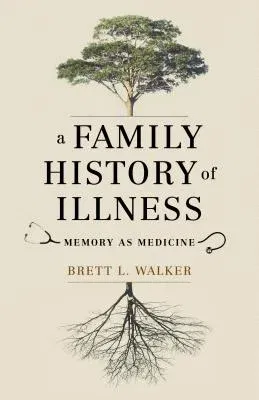While in the ICU with a near-fatal case of pneumonia, Brett Walker was
asked, "Do you have a family history of illness?"--a standard and
deceptively simple question that for Walker, a professional historian,
took on additional meaning and spurred him to investigate his family's
medical past. In this deeply personal narrative, he constructs a history
of his body to understand his diagnosis with a serious immunological
disorder, weaving together his dying grandfather's sneaking a cigarette
in a shed on the family's Montana farm, blood fractionation experiments
in Europe during World War II, and nineteenth-century cholera outbreaks
that ravaged small American towns as his ancestors were making their way
west.
A Family History of Illness is a gritty historical memoir that
examines the body's immune system and microbial composition as well as
the biological and cultural origins of memory and history, offering a
startling, fresh way to view the role of history in understanding our
physical selves. In his own search, Walker soon realizes that this
broader scope is more valuable than a strictly medical family history.
He finds that family legacies shape us both physically and symbolically,
forming the root of our identity and values, and he urges us to renew
our interest in the past or risk misunderstanding ourselves and the
world around us.

